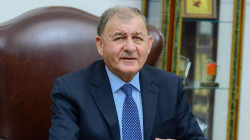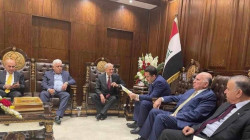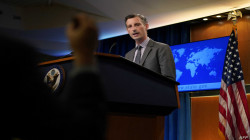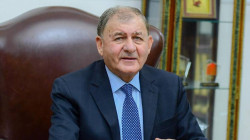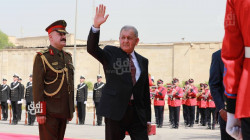Abdullatif Rashid: the engineer who ended Iraq's year-long political deadlock
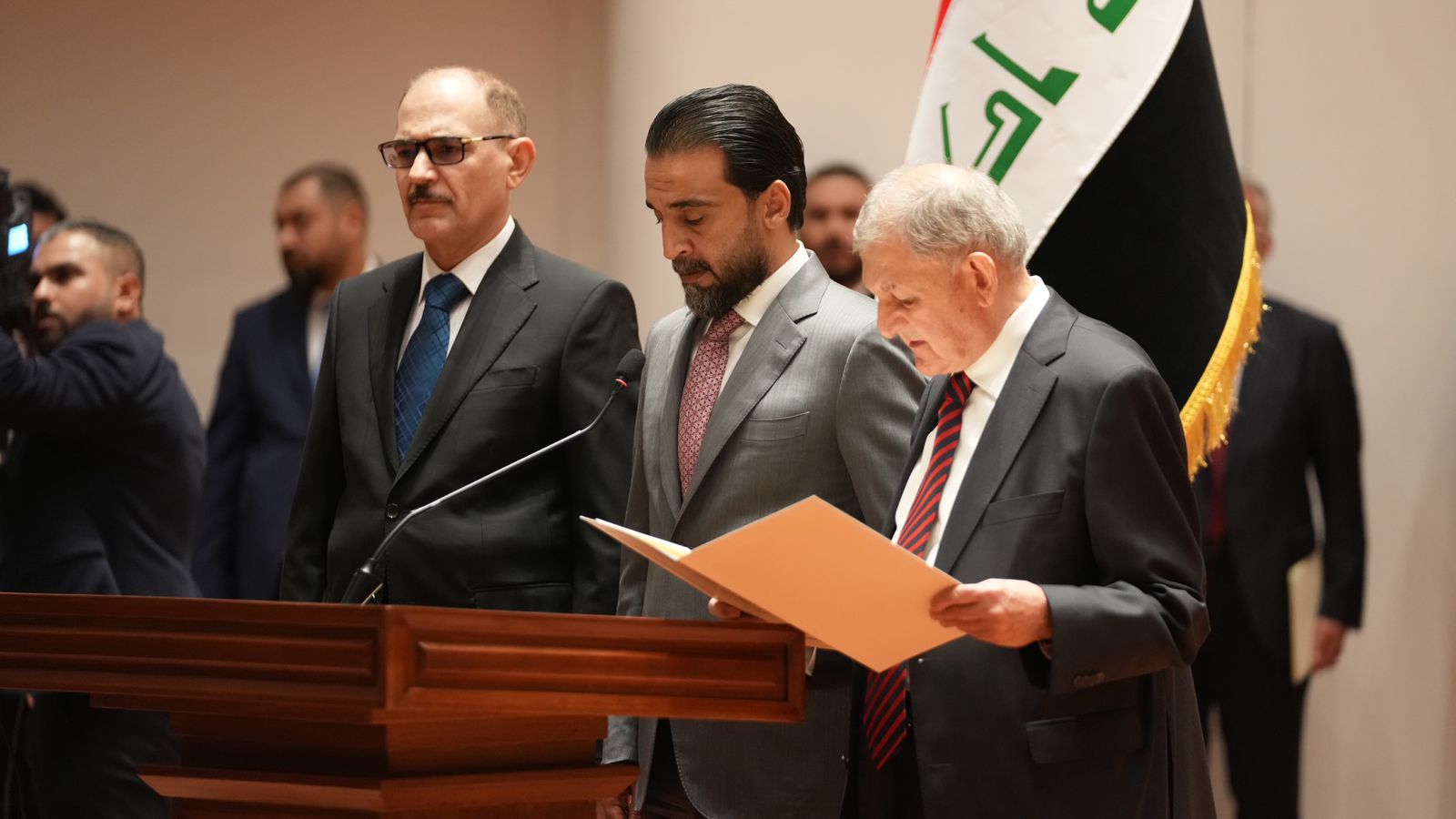
Shafaq News / After more than a year of political impasse, heated standoffs, street wars, demonstrations, counterdemonstrations, and bloodshed, Abdullatif Rashid has been elected President of the Republic of Iraq, ending a complicated stage in Iraq's modern history.
Abdullatif Rashid, born on August 10, 1944, rose to prominence among the 40 candidates following an initiative by Kurdish leader Masoud Barzani to withdraw Rebar Ahmed's candidacy and support Rashid's, to break an unprecedented state of political deadlock, especially since his election paves the way for the appointment of a new prime minister.
Rashid received 162 votes, while his opponent, Barham Salih, received 99 votes. Eight ballots were considered invalid. The new President of the Republic promptly tasked Mohamed Shia' al-Sudani, the largest parliamentary bloc's candidate for the premiership, with forming the new government within 30 days of his nomination.
Although Rashid's biography does not have the"sparkle" of other prominent political figures', nor is he one of the poles of political action, his involvement in the Kurdistan Democratic Party (K.D.P.) and his active membership in the party, which made him one of the leaders of the Kurdish Students Association in Europe, have brought him to the heart of politics for more than 50 years.
It is no secret that the position of the Presidency is consensual and reserved for the Kurdish component per the understandings following the 2005 constitution. Still, it symbolizes the vibrancy of the Kurdish presence in Baghdad's political process. According to the constitution, "the head of state and the symbol of the unity of the homeland, represents the country's sovereignty, enforces conformity with the constitution, and preserves Iraq's independence, sovereignty, unity, and territorial integrity."
As a result, regardless of the nature of the alliances and public and secret understandings that allowed him to get enough votes in parliament, whether by Kurdish or other MPs, Abdullatif Rashid will be a symbol of the state's unity. He maintained good relations with many of his pillars before the fall of the former regime, particularly opposition leaders abroad.
His biography states that he attended meetings that led to the formation of the Patriotic Union of Kurdistan (P.U.K.), that he was a delegate of the party in the U.K. and its representative in several European countries, and that he has played a prominent role in the party since its inception on June 1, 1975.
In addition to participating in the meetings and conferences of the opposition that overthrew the former regime in 2003, he was politically active in the conferences he attended as a leader in the P.U.K. in Europe. Then, he was elected as a member of the Executive Council after the formation of the Iraqi National Congress, and then to the leadership of the Iraqi National Congress in 1992 until the fall of Saddam Hussein's regime in 2003.
Rashid returned to Iraq with professional expertise and was appointed Minister of Water Resources in 2003, a position he held until 2010.
His career demonstrates that he has executed numerous critical initiatives that have advanced the water reality, such as restoring the Marshes in southern Iraq and investing in surface and subsurface water resources. He also contributed to the implementation of contemporary technologies and geographic information systems, as well as the construction of various dams in Kurdistan and the western region.
With his tenure as Minister of Water Resources coming to an end, the Iraqi government nominated him to be Secretary-General of the United Nations Food and Agriculture Organization (F.A.O.). In December 2010, he was assigned as Senior Advisor to the President of the Republic of Iraq.
Fluent in Kurdish, Arabic, and English, Rashid received a bachelor's degree in civil engineering from the University of Liverpool, as well as a master's and Ph.D. in hydraulic engineering from the University of Manchester. He is also a Fellow of the Institution of British Civil Engineers and a member of the International Irrigation Commission.
He has also worked with water resource firms such as Sir William Halcrow & Partners Ltd and as the F.A.O. project manager for the Tuban Valley in southern Yemen. During the 1980s, he relocated to the Gulf and worked as a resident engineer for F.A.O on the Jizan Valley Dam and Saudi Arabia's irrigation network.
Rashid is married to Shanaz Ibrahim Ahmed, and is the late President Jalal Talabani's brother-in-law, and they have two sons and one daughter.
